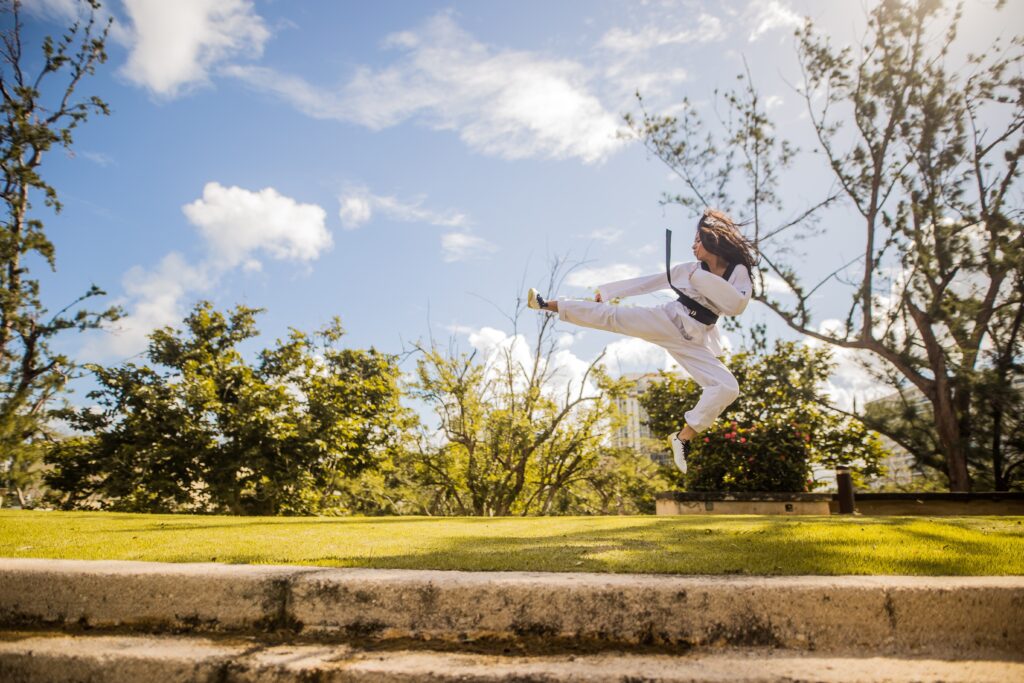
The Young Grasshoppers
If you are anything like me, you were fascinated by martial arts media from an early age. I’ve found that it’s not uncommon for children to be enraptured by watching people fight on the screen. Following this, it’s also not uncommon for children to want to learn how to do those things as well. This desire can stem from many places. For some, it’s the classics, like Bruce Lee or Donnie Yen movies. For others, the desire comes from shows like Power Rangers or Teenage Mutant Ninja Turtles. Whatever the source may be, martial arts is appealing to so many children who watch it on the screens. But this passion can evolve into something so much bigger than flashy kicks and fancy moves. For some, it becomes their life’s work, an artform as delicate as a painting, or a discipline to live by.
More Than Just the Belts
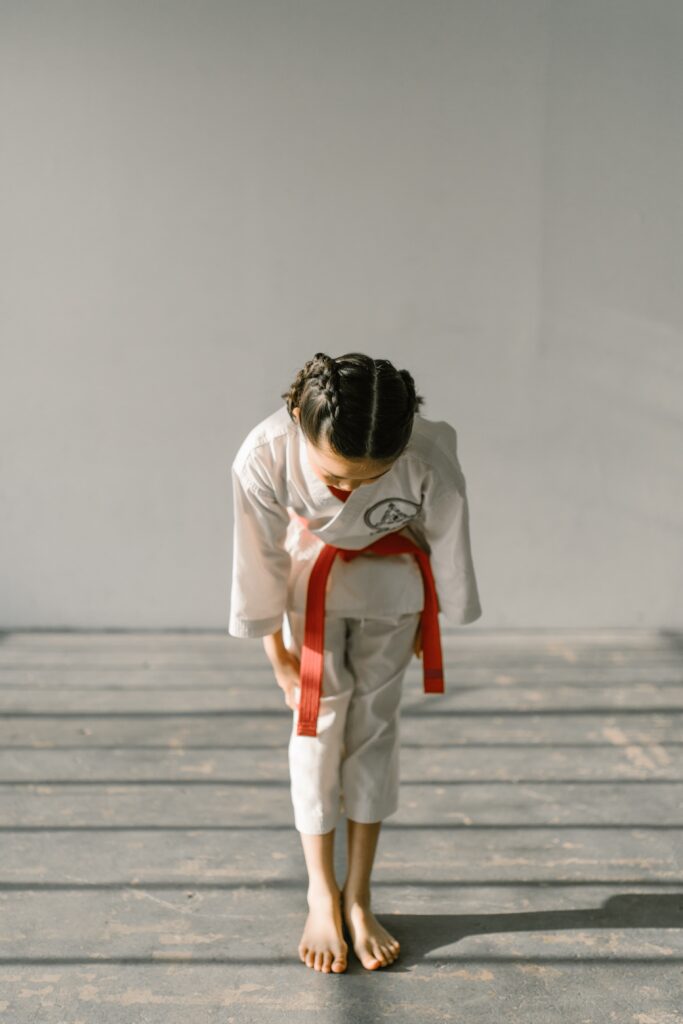
If you start learning martial arts as a child like I did, you tend to have a similar experience to others who start around your age. You’re taught simple things first, like the proper way to bow, pronunciations for phrases or words spoken within your practice, and the tenets or principles of your style. I started out by learning Taekwondo, and in this practice, the 5 tenets are courtesy, integrity, perseverance, self-control, and the indomitable spirit. As a child, I didn’t understand why I was being taught these principles. In my mind, I thought I was there to learn how to fight and defend myself, but as I grew older, I realized it was so much more than that.
Contrary to what some believe, martial arts goes far beyond the punching bags. What begins as a simple want to be like the ‘cool fighters’ on the TV grows into something stronger, something that sticks with you. In most styles, you are taught about honor and respect before you’re ever taught about the proper way to throw a punch or sit in a stance. From the outside, it may seem strange. Why would the instructors put so much focus on principles first? The reason is a rather historical one.
Bushido: Way of the Warrior
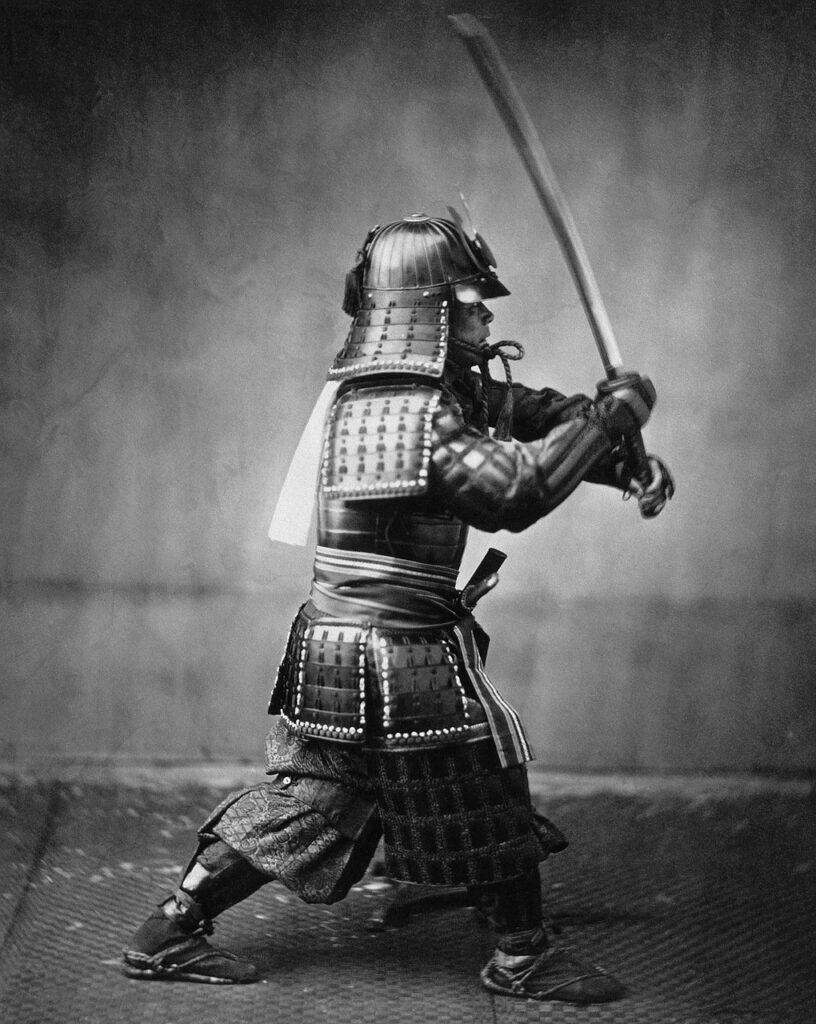
I’m sure you’re familiar with the term ‘samurai,’ but most people don’t actually know what the word itself means. Samurai originally meant “one who serves.” Though the term originally referred to nobility in Japan, eventually it was the term used for warriors, and any samurai worth their sword lived by Bushido. To put it simply, the Bushido Code is the samurai’s way of life. It is literally what they live by. The principles within Bushido are: justice, courage, mercy, politeness, honesty, honor, loyalty, and self-control. To a samurai, Bushido was the absolute standard. If you could not carry out each of these qualities to the best of your ability, you did not deserve to carry your sword. Why was this? Well, back then, samurais were the warrior class, those who fought battles and served to protect others. They were constantly in the position where they would potentially be taking someone’s life. To a samurai, knowing when and when not to take a life was one of the most important principles you can ever have. Thus, it was absolutely vital to understand the principles of Bushido before you could truly call yourself a samurai.
Something To Live By
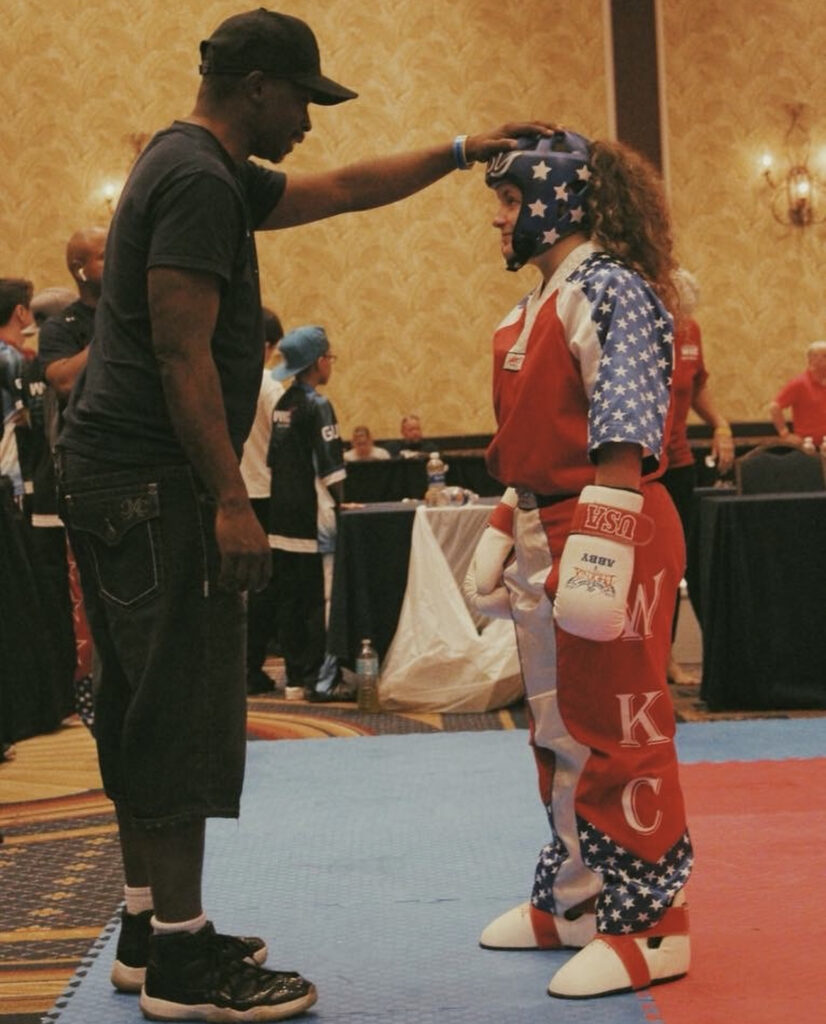
Today, other martial arts styles follow the same trend, such as I’ve stated with Taekwondo. At the end of the day, it’s not about fighting. It’s about treating others and yourself with the respect that is deserved. It’s about being loyal and honest, being willing to use your abilities for the betterment of yourself and others around you. Sure, martial arts is ‘cool,’ but it is also one of the greatest assets to those who pursue it beyond the techniques and katas. It grants a sense of purpose and discipline, as well as a desire to improve, work hard, and never give up. It opens the door to opportunities that may have otherwise forever been closed. Though I started martial arts simply because I wanted to fight like the people I watched in movies and shows as a kid, it eventually evolved into one of my life’s greatest passions. It taught me some of the most valuable lessons I’ve ever learned and gave me an entirely new outlook on the way I view myself and others.
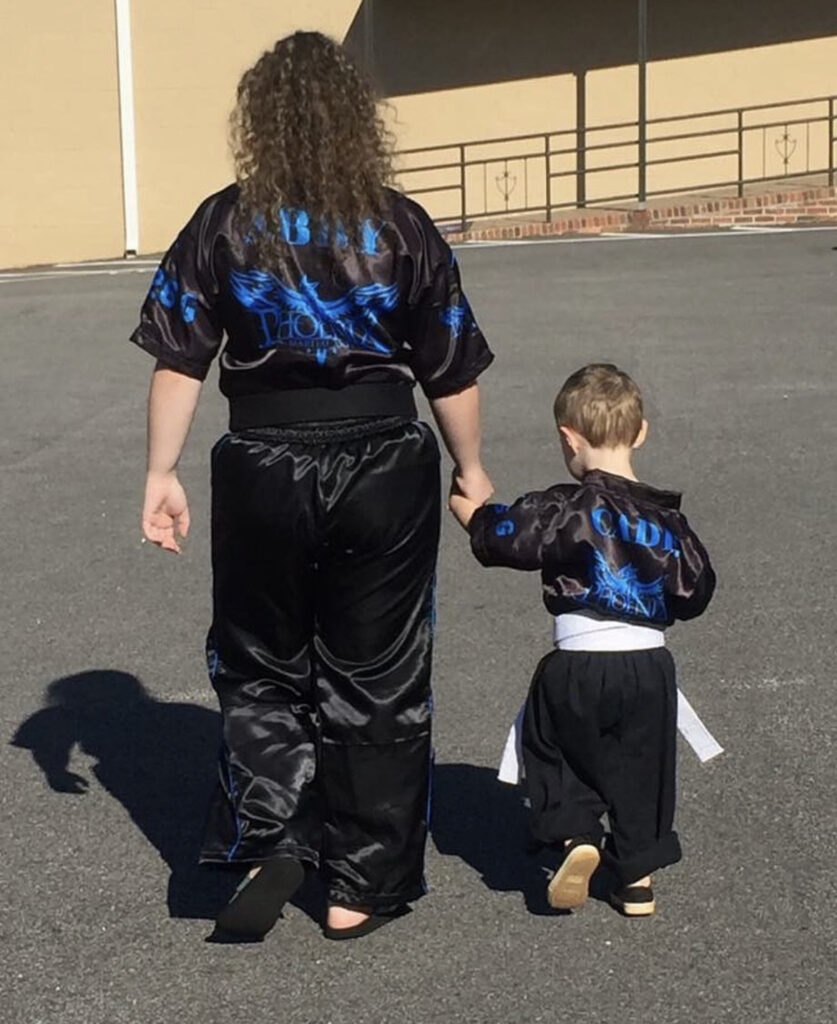
To make a long story short, martial arts is cool. You learn how to do some amazing things, like spinning a bo, using a sword, defending yourself against actual people, and so many other things. But you also learn how to give yourself and others respect, how to push through difficulties, and how to bring honor through your craft.